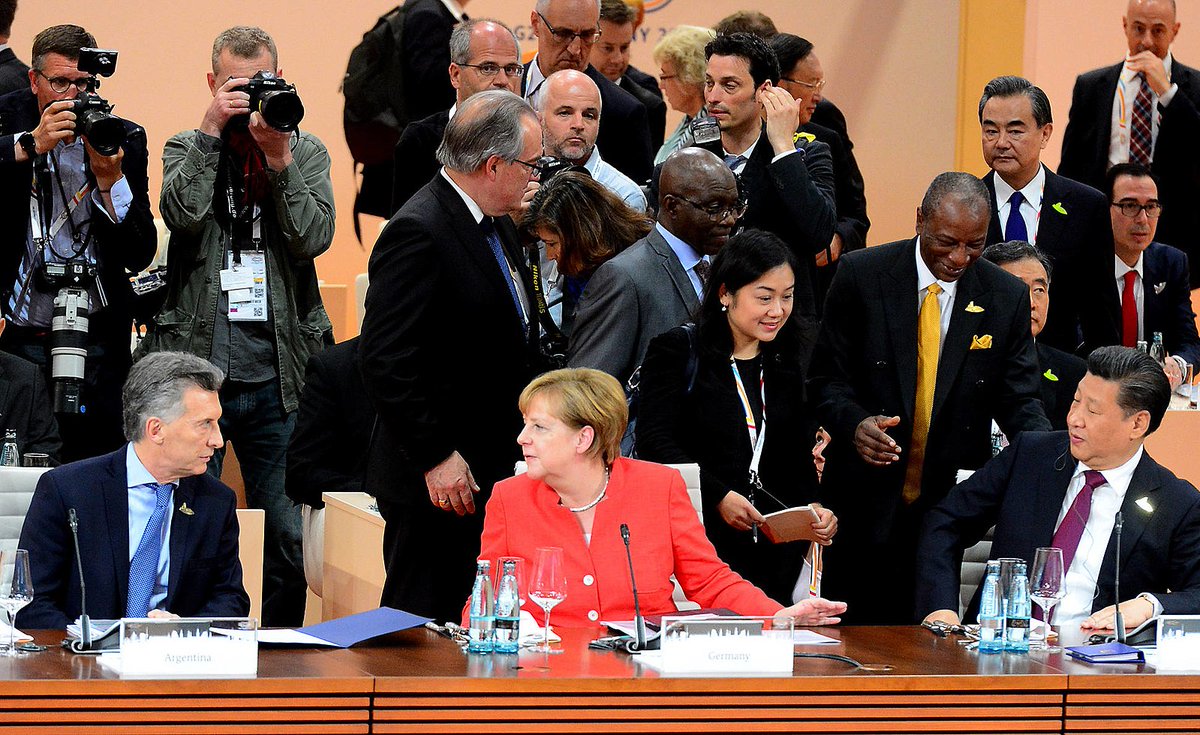
The Times has published a thought-provoking editorial titled 'Safeguarding Scholarship'. It references the guidelines 'Managing risks in Internationalisation: Security related issues', which were published by @UUKIntl today 1/10
thetimes.co.uk/article/the-ti…
thetimes.co.uk/article/the-ti…
While there is much to like about this timely and important @UUKIntl initiative, there are also shortcomings which need to be addressed. Let me highlight the strengths of the report and then point out areas for improvement 2/10
universitiesuk.ac.uk/policy-and-ana…
universitiesuk.ac.uk/policy-and-ana…
The report is country agnostic and calls for 1. Protecting your reputation and values, 2. Protecting your people, 3. Protecting your campuses, and 4. Protecting your partnerships. This is a comprehensive list of activity areas 3/10
universitiesuk.ac.uk/news/Pages/New…
universitiesuk.ac.uk/news/Pages/New…
In terms of 1. Protecting your reputation and values @UUKIntl rightly emphasizes the need for due diligence and promoting the values of UK higher education. As @adrianzenz pointed out, even animal husbandry could get a NZ university into hot water 4/10
https://twitter.com/adrianzenz/status/1316598488982061057?s=20
When it comes to 2. Protecting your people the guidelines become less useful. The joint statement "The Hong Kong National Security Law is an assault on academic freedom" made clear that unis struggle to protect the sanctity of the classroom 5/10
docs.google.com/forms/d/e/1FAI…
docs.google.com/forms/d/e/1FAI…
As The Times reports today "some Hong Kong students ... told The Times that the guidance 'only addressed the symptom, not the cause' of China's influence on campuses. They spoke anonymously to protect their families from retribution" 6/10
The Times cites Prof Chris Hughes saying: "A good example would be making all agreements public, such as with Confucius Institutes ... which are kept secret.' Asking students to be anonymous was a slippery slope: 'Are we really going down the route of self-censorship?'" 7/10
To their credit @UUKIntl is fully aware that in order to manage the risks in internationalisation British universities need "transformational and cultural change, as well as changes to institutional systems, processes and policies" 8/10
Relevant British government departments and @UUKIntl should consider the Code of Conduct promoted by the newly established Academic Freedom and Internationalisation Working Group @AcFreeWorldUK 9/10
https://twitter.com/AcFreeWorldUK/status/1315567043702329345?s=20
The key to success is for all stakeholders to work together. As I have said before, a democratic united front of academic leaders, politicians and senior government officials is needed to mount a common defence of our academic freedoms /End
theguardian.com/education/2020…
theguardian.com/education/2020…
@threadreaderapp unroll
• • •
Missing some Tweet in this thread? You can try to
force a refresh







